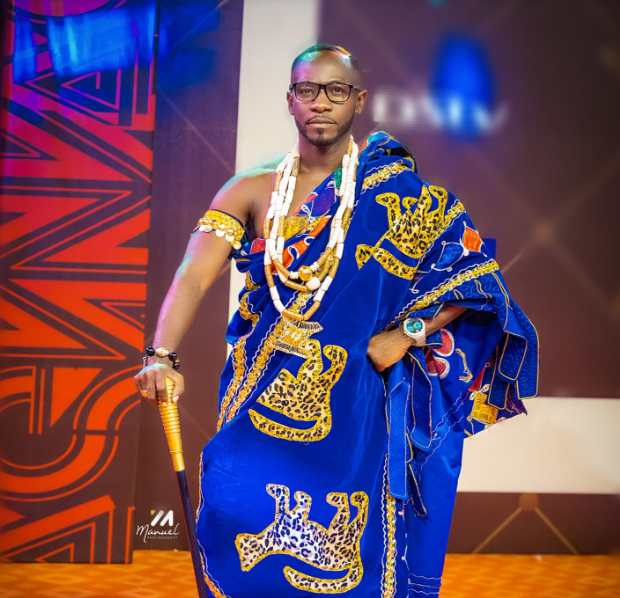Let's translate the science books - Okyeame Kwame on compulsory mother tongue policy in schools
)
Ghanaian music legend and education advocate, Okyeame Kwame, has praised the government’s decision to make the use of local languages in teaching compulsory in schools, describing it as “the most sensible thing I have seen today.”
Following the announcement by the Ghana Education Service (GES) that mother-tongue instruction will now be mandatory nationwide, the award-winning rapper encouraged the government to take an additional step by translating science textbooks into Ghana’s indigenous languages to enhance comprehension and improve academic performance.

“Now let’s translate all the science books into all the lettered local languages and teach it in the mother tongue,” he urged.
The new policy represents a significant transformation in Ghana’s education system, placing emphasis on students’ native languages at the basic level to strengthen foundational learning and ensure better understanding of lessons.
According to the Minister of Education, Haruna Iddrisu, the initiative forms part of broader reforms aimed at improving literacy and preserving Ghana’s cultural heritage.
For Okyeame Kwame, this directive resonates deeply. The musician has long championed the inclusion of local languages in national development and education. Back in 2019, he criticised Ghana’s preference for foreign languages in schools, calling it “disrespectful to our pride and culture.”
)
While applauding the new policy, Okyeame Kwame believes that language inclusion must extend beyond basic subjects. He recommends that science, technology, and mathematics be taught in the same mother tongues, arguing that this approach would make complex ideas easier to grasp for young learners.
READ MORE: Daddy Lumba’s family reacts to reports of joint widowhood rites for Akosua Serwaa, Odo Broni
He noted that adopting local languages in science education could demystify difficult concepts and empower students to engage more confidently in STEM subjects.
Education experts have consistently argued that teaching in a child’s first language enhances understanding, retention, and performance. The latest directive aligns with these views, as Ghana seeks to strengthen foundational learning while promoting national identity.
Nonetheless, the move has reignited long-standing debate about language policy in Ghana’s education system, which has shifted multiple times since independence.
@prof.lalaviktoir Minister Haruna Iddrisu Orders: Teachers Must Use Mother Tongue in Teaching — Effective Immediately! #ghanaeducationservice #educationreform #fyp #trendingvideo #teacher ♬ original sound - ||•PRÕF. LALA•|| ♌︎✍︎♥️
Mr Iddrisu’s directive, however, underscores the government’s commitment to making local language instruction a permanent and integral part of the country’s educational reforms.
Okyeame Kwame’s endorsement adds a powerful cultural voice to the discussion, reinforcing the idea that preserving Ghanaian identity through language is as vital as any educational goal.
)
)
,fit(112:112))
)
,fit(112:112))
)
)
)